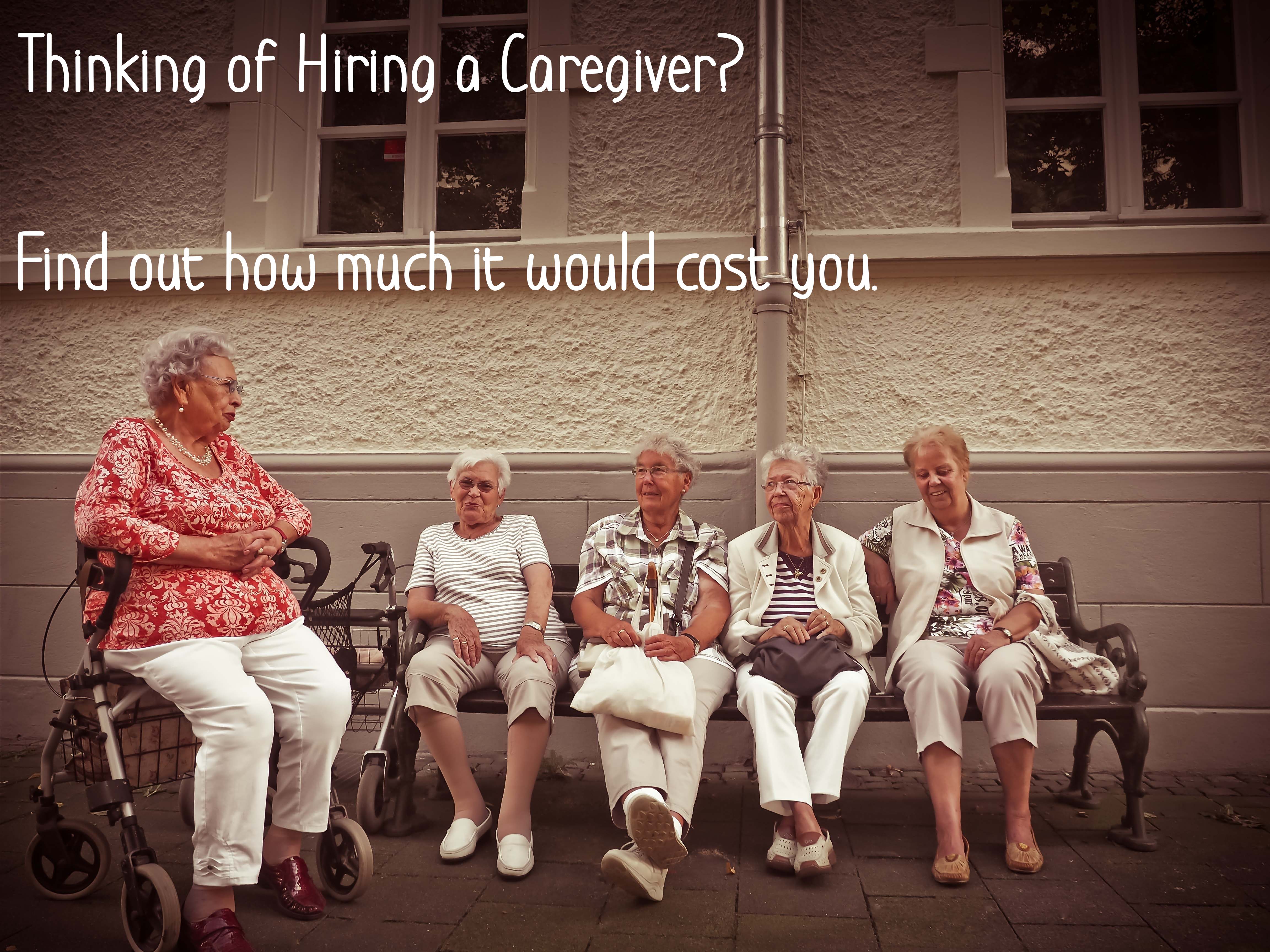As Stress on Families Rises, Grandparents Give Grandchildren Boost
 When Shawn Harrington, 16, of Lawrenceville, Ga., learned that a close friend was pregnant, the first person she turned to was her grandmother, Peggy Harrington. Peggy’s response to Shawn’s news was sobering.
When Shawn Harrington, 16, of Lawrenceville, Ga., learned that a close friend was pregnant, the first person she turned to was her grandmother, Peggy Harrington. Peggy’s response to Shawn’s news was sobering.
“We talked for a long time,” Peggy says, “and I asked her, ‘What would you do?’ I had her think about the things that she would have to give up. She couldn’t go to college; she couldn’t go out and party; she couldn’t travel when she wanted to. And she said several times, ‘I never thought about it like that.’ ”
The conversation had a profound effect on Shawn’s view of her friend’s situation.
“My grandma told me that once you have a kid, that is your life, it is a decision that you cannot turn back,” Shawn says. “She explained to me how important it is to make the right decisions about what you do, how you do it, and when you do it.”
The Harringtons’ experience illustrates the crucial role grandparents can play in the lives of their adolescent grandchildren. A recent study in the Journal of Family Psychology showed that children ages 9 to 18 with a strong grandparent bond have fewer behavioral problems and better social skills than those who lack that relationship. “Grandparents provide stability,” says Shalhevet Attar-Schwartz, lead author on the Family Psychology article and a researcher at the Hebrew University in Jerusalem. “They take on multiple roles for their grandchildren: caregiver, playmate, adviser, mentor and friend.”
Perhaps at no time in recent history has this bond been more important.
Grandmother steps into the void
Consider these numbers: Nearly one-third of all children live in a single-parent household, according to the national Kids Count program. Nearly 1 million marriages end in divorce or annulment each year, according to the Centers for Disease Control and Prevention. More than 4 million children are living in blended families, reports the U.S. Census Bureau. And into these unstable family situations, mix in an economic crisis that has left more than 14.5 million Americans out of work, caused massive uncertainty about long-term job stability and increased levels of stress at home across the country.
Meanwhile, the number of teenage girls ages 15 to 19 who are getting pregnant increased for the second year in a row in 2007, reversing a 14-year trend, according to the CDC. Drug use among teens and tweens is also a growing concern. After declining for more than 10 years, the rate of marijuana use among eighth-graders leveled off in 2008. Eleven percent of 13-year-olds report having used marijuana, according to a National Institute on Drug Abuse study, and by 12th grade, 15.4 percent of teens have abused prescription drugs such as Vicodin or OxyContin.
The benefit of years
As Attar-Schwartz found in her study, grandparents have a unique ability to get their adolescent grandchildren to talk about their feelings and address some of the more pressing issues of their generation. Since time has given grandparents more experience than their adult children, they are able to naturally occupy different roles. Peggy Harrington understands the worries and concerns of her daughter-in-law, Brenna Harrington, because she lived through them herself while raising her own kids. She believes that her life experience gives her an outlook Brenna does not have yet—wisdom that Shawn herself has picked up on.
Source: aarp.com
To continue reading click HERE.
- Tags: Uncategorized
- Professional Medical














Comments 0